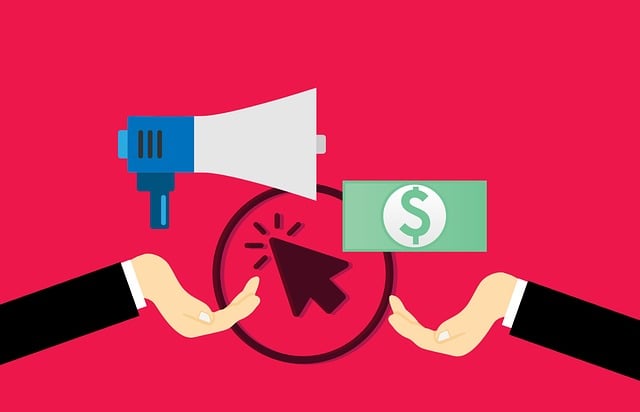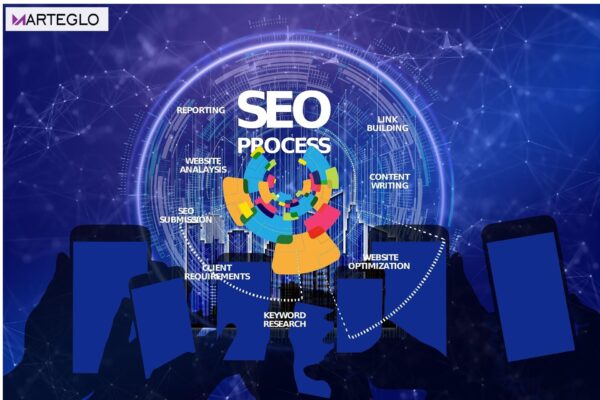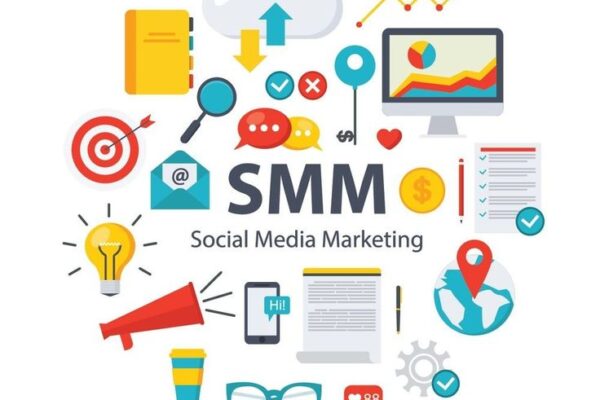PPC services help businesses manage and optimize pay-per-click advertising campaigns to increase visibility, drive targeted traffic, and generate leads. These services cover everything from ad creation and keyword research to bidding strategies and campaign tracking.
Effective PPC management ensures ads reach the right audience at the right time, maximizing return on investment while minimizing wasted spend. Many agencies offer tailored solutions that include audits, ongoing campaign adjustments, and data-driven strategies to improve performance.
Investing in professional PPC services can benefit businesses of all sizes by accelerating sales efforts through targeted advertising on platforms like Google Ads and Bing. With expert management, companies can adapt quickly to market changes and measure results with clarity.
PPC Services Overview
PPC services involve the strategic use of paid advertising to increase online visibility and traffic. They encompass various campaign types, each targeting specific business goals. These services provide measurable advantages that can improve marketing efficiency and deliver real results.
What Is PPC?
Pay-Per-Click (PPC) is a digital advertising model where advertisers pay a fee each time their ad is clicked. It allows businesses to bid for ad placements on platforms like Google and Bing. Ads appear in search results or on partner websites based on relevant keywords or audience targeting.
PPC requires constant management, from keyword research and ad creation to bid adjustments and performance tracking. This hands-on approach ensures ads reach the right audience at the right time, maximizing the return on investment.
Types of PPC Campaigns
There are several types of PPC campaigns, each suited to different marketing objectives:
- Search Ads: Text ads displayed on search engine results pages, triggered by user queries.
- Display Ads: Visual ads placed on websites within ad networks to increase brand awareness.
- Shopping Ads: Product-based ads showing images, prices, and store names in search results.
- Remarketing Ads: Target users who previously visited a site to encourage conversions.
Each campaign type uses distinct targeting and formats to meet specific needs such as lead generation, sales, or brand visibility.
Key Benefits of PPC Services
PPC services offer precise targeting, allowing businesses to reach specific demographics based on location, interests, and behavior. This precision reduces wasted ad spend.
They provide immediate traffic, unlike SEO, which can take months to build. PPC campaigns are highly measurable, giving clear data on clicks, conversions, and cost efficiency.
Professional PPC management improves campaign performance through ongoing optimization, ensuring better quality scores and lower costs per click. This targeted approach makes PPC a valuable tool for short-term and long-term growth.
Effective Strategies for PPC Success
Achieving strong results with PPC requires a precise focus on target keywords, compelling ad content, and a seamless user experience on the landing page. Each of these elements plays a critical role in driving relevant traffic and maximizing conversions.
Keyword Research and Selection
Thorough keyword research is fundamental to PPC success. Identifying high-intent keywords that align with the product or service helps attract users who are ready to convert.
It is important to balance broad and long-tail keywords to capture different stages of the buyer’s journey. Broad terms increase reach, while long-tail keywords tend to have lower competition and higher conversion rates.
Ongoing analysis of keyword performance, including click-through rates and conversion metrics, enables continuous refinement. Negative keywords should also be employed to filter out irrelevant traffic and reduce wasted spend.
Ad Copywriting and Design
Effective ad copy directly addresses the target audience’s needs and highlights unique selling points. Clear, concise messaging with a strong call-to-action (CTA) improves engagement.
Including relevant keywords in the headline and description increases ad relevance and quality score. Testing different headlines, descriptions, and ad extensions helps determine the most effective combinations.
Visual elements, such as ad format and design for display or social PPC, must complement the text to capture attention quickly. Consistency between ad messaging and landing page content is critical to avoid user drop-off.
Landing Page Optimization
The landing page must be directly relevant to the ad and keywords to maintain user interest. Fast loading times and mobile responsiveness are essential to prevent early exits.
Elements like clear headlines, concise content, and visible CTAs guide users to complete the desired action. Minimizing distractions by limiting navigation options helps focus attention.
Testing different page layouts, forms, and content variations through A/B testing quantifiably improves conversion rates. Tracking user behavior on the landing page provides insights for further optimization.






